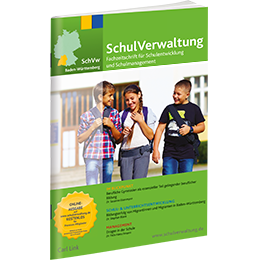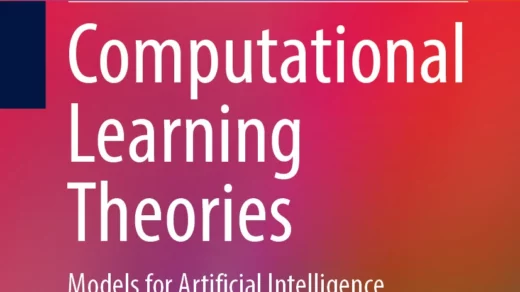New contribution adressing design issues for online assessments.
Ifenthaler, D., & Heil, J. (2023). Designing online assessments. In S. Wa-Mbaleka, K. Thompson, & L. Casimiro (Eds.), The SAGE handbook of online higher education (pp. 248–257). SAGE Publications. https://bookshelf.vitalsource.com/books/9781529673005
Online assessment has been advancing rapidly in the context of higher education and its growth is set to accelerate with emerging opportunities for automatic data collection and analysis. Yet, the future of online assessment faces major challenges including, perhaps most importantly, the extent to which assessments, when enabled by technology, can serve simultaneously the needs of learners, teachers and those of the enterprise of education. Online assessments have been realized in different forms. For example, a pedagogical agent acting as a virtual coach patiently tutoring someone and providing feedback in anything they would like to learn. Other forms of online assessment may include semantic rich and personalized feedback as well as adaptive prompts for reflection. This entry examines the design process required for developing online assessments for higher education. The design of online assessments requires an integrated perspective on the pedagogical intention of the assessment and a match between the expected learning outcomes and the learning process as well as the learning activities and methods. Accordingly, the design framework for online assessment includes the type of learning outcome (e.g., understanding, analyzing, evaluating, etc.) knowledge dimension (e.g., factual, conceptual, procedural, etc.) and examples of appropriate online assessments.


